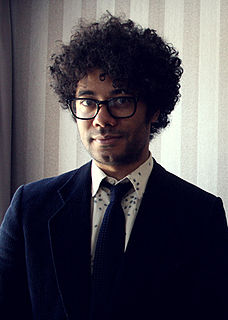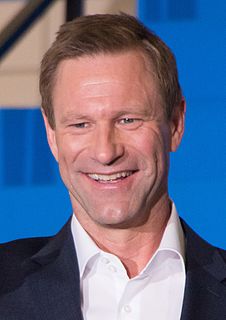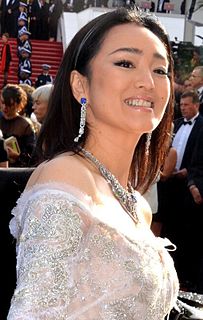A Quote by Harry Shearer
One of the problems with 'SNL' is that, if you tried to adlib, the director would put you off camera and off the mic, so only you would know that you ever did it. The director always directed to the script; he wasn't listening to what you were doing. He was calling shots whilst looking at the page.
Related Quotes
I don't think Roger Ebert has ever mentioned a screenplay. He assigns every auctorial move to the director, which makes some sense since the director has run a one-off game, but if Hamlet were written last year and had been only performed once as a film, and it didn't come off well on screen for whatever reason, it would be gone forever as a literary work, and never would have been considered as one.
With a good script a good director can produce a masterpiece; with the same script a mediocre director can make a passable film. But with a bad script even a good director can’t possibly make a good film. For truly cinematic expression, the camera and the microphone must be able to cross both fire and water. That is what makes a real movie. The script must be something that has the power to do this.
I always loved movies, but I never thought I would presume to be a screenwriter and definitely not a director. I spent a lot of time for no money trying to teach myself how to write a script. It always felt like everybody was looking the other way and sneaking that script through the system, but it did well later on video and got another chance.
We were doing Scarface many years ago...and I remember having my coffee and looking at the beach, the surf, and I saw a hundred people looking out into the ocean. I thought, what's going on? Did some whale get washed up to shore? So I stood up on the table to see what it was, and it was the director, Brian De Palma, standing there alone by the surf and they were all waiting for him. And I never forgot that because it represented to me what a director is, what a director does.
Rent Control was an interesting movie. It was directed by... I had done a couple of plays off Broadway, and this Italian director came, his name was Gian Luigi Polidoro, and he determined I was the person to play the lead in his low-budget comedy. He'd won an award at the Venice Film Festival, and... He was, y'know, a skilled director.
My hat's off to documentary filmmakers. I don't know if I'm ever going back to it. You're treated like a second-class citizen at most film festivals. You take the bus while everybody else is flown first-class. If you're a feature film director, you're put in a five-star hotel, and if you're a documentary director, you stay in a Motel 6.
I have been waiting around to get the right script and the right director. For example, in the past, if a Hollywood director came to me with a script and wanted me to play a character, and she was a stereotypical Asian woman who gets into a fight and gets killed off quickly, that didn't seem to have much interest for me.



































